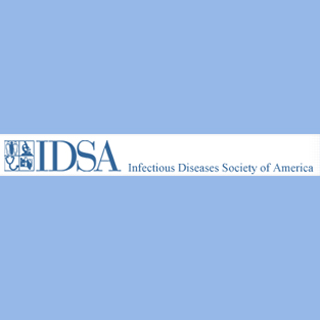
Study authors evaluated the frequency of H1N1 among health care workers from April till August of 2009 at Tan Tock Seng Hospital in Singapore. A small percentage apparently tested positive for H1N1 during this duration. None seems to have cared for any patient with H1N1 or worked in H1N1 screening zones of the emergency room. In all cases, transmission was thought to have taken place outside the patient care, when health care workers appeared to be in contact with roommates, the general public, and other sources.
From June 19 to July 21, health care workers at the hospital were seen sporting N95 respirators in the emergency room and an H1N1 separation area. From July 22 to Aug. 31, surgical masks appeared to be utilized by workers in these regions. The occurrence of H1N1 among workers has apparently stayed low during both the time frames. Even though, the study was observational, the discoveries propose that surgical masks and respirators did not seem to vary in their efficacy in averting hospital staff from contracting H1N1.
Study author Brenda Sze Peng Ang, MD, of the Tan Tock Seng Hospital in Singapore, commented, “What is more important than using high-filtration or respirator masks for known or suspected cases is to have a uniform policy, such as using surgical masks, when in close contact with all patients.â€
The expert mentioned that in this way, health care protectors are protected from getting infected by patients not initially thought to have H1N1.
The study would be published in Clinical Infectious Diseases.
